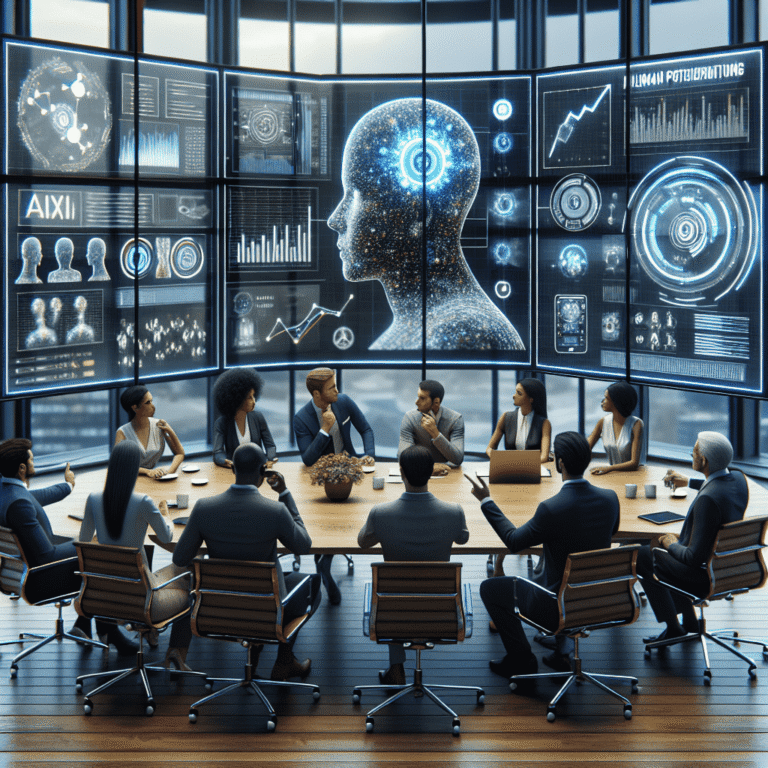Microsoft Research has announced a suite of new research papers and prototypes focused on the integration of Artificial Intelligence into knowledge work, presented at CHI 2025 under the ‘Tools for Thought’ initiative. The central theme explores how Artificial Intelligence can be designed not just to automate workflows but to actively enhance critical thinking, creativity, and decision-making for knowledge workers. The effort spans empirical studies, interactive prototypes, and a multidisciplinary workshop, aiming to redefine the relationship between humans and Artificial Intelligence in professional settings.
A key study surveyed 319 professionals to understand how generative Artificial Intelligence impacts cognitive effort and critical thinking. Results revealed a nuanced trade-off: for high-stakes tasks, workers spent more effort on critical evaluation with Artificial Intelligence, while routine or time-pressured tasks saw a decrease in such engagement. The research also highlighted that increased confidence in Artificial Intelligence could reduce critical thinking, while strong self-confidence boosted it, albeit at a higher mental cost. Microsoft recommends that Artificial Intelligence tools should motivate and scaffold critical thinking by offering explanations, guided critiques, and proactive prompts, thereby supporting knowledge workers as both ‘thought partners’ and provocateurs.
Three prototype systems were introduced to demonstrate practical applications. In decision-making, the RecommendAI and ExtendAI tools represented distinct approaches: the former provided actionable recommendations, sometimes at the expense of user engagement, while the latter promoted deeper self-reflection but could reinforce existing biases. In the context of meetings, AI-powered prototypes experimented with both passive visualizations and active questioning to help participants stay aligned with goals, carefully balancing information delivery and interruption. Lastly, the YES AND system used multi-agent Artificial Intelligence to enable diverse brainstorming by simulating conversations with persona-driven agents, helping users overcome groupthink and generate innovative solutions.
To advance the field, Microsoft Research is also facilitating a CHI 2025 workshop, uniting over 60 experts from academia and industry to discuss frameworks for understanding, protecting, and augmenting human cognition with Artificial Intelligence. The initiative reflects the growing momentum toward designing Artificial Intelligence not merely as an answer generator but as an enabler of deeper, broader, and more effective thinking in knowledge work. The goal is to foster a community and ecosystem in which Artificial Intelligence amplifies—not diminishes—our ability to think critically, creatively, and strategically.

